Stanley Donen: Legend of Hollywood musicals who directed Gene Kelly in ‘Singin’ in the Rain’
He followed his feet out of small-town life to Broadway and hit the big time with the silver screen
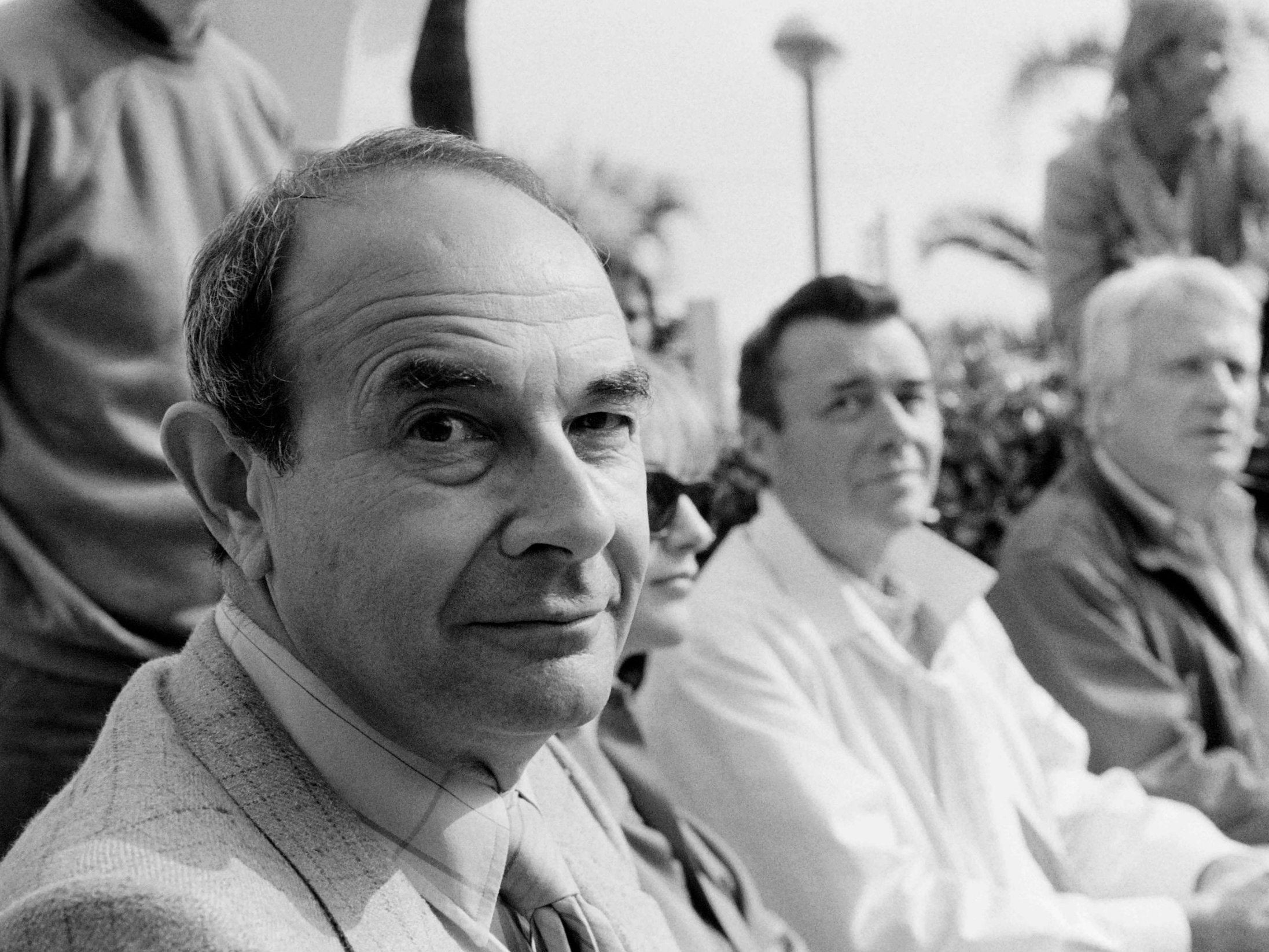
“One person whose very name makes me smile in total delight whenever I think of him,” Audrey Hepburn once said of Stanley Donen – she starred in three of the producer-director’s characteristically elegant films.
With films including Singin’ in the Rain, Seven Brides for Seven Brothers, On the Town, Funny Face and Charade, Donen provided cinema audiences with just as much delight.
Donen, who died aged 94, was born to Jewish parents in Columbia, South Carolina, a town he hated. “It was sleepy, it was awful,’’ he later said. “I hated growing up there, and I couldn’t wait to get out.’’ To make small-town life more bearable – and get away from antisemitic bullying – he went to the movies every day after school. His life was changed when, at the age of nine, he saw Fred Astaire in Flying Down to Rio, Donen told his biographer Stephen M Silverman for the 1996 book, Dancing on the Ceiling.
He said: “I went back to the theatre every day while the picture was playing. I must have seen it at least 20 times. When Fred Astaire danced, everything in the world was perfect.”
Determined to become a tap dancer, Donan enrolled in a local dancing academy. In 1940 he graduated from high school and moved to New York. Before the year was over, he was appearing in a Broadway musical, Rodgers and Hart’s groundbreaking Pal Joey, which was directed by George Abbott. Donen danced in the chorus and spoke one whole line of dialogue: “I’ll have the same.” The show made a star of Gene Kelly, who choreographed Abbott’s next musical, Best Foot Forward in 1941, with Donen as his assistant.
In 1942 Kelly made his film debut in MGM’s For Me and My Gal. That same year Donen also joined the studio as a contract dancer. He had become an assistant to the choreographer Charles Walters by the time Kelly approached him and said: “Stanley, I’ve been loaned to Columbia to do a movie with Rita Hayworth. How’d you like to come over and assist me with the numbers?’’
The movie was Cover Girl (1944), and its highspot was Kelly’s trailblazing double-exposure dance with himself. This “alter-ego’’ number was Donen’s idea. In 1945’s Anchors Aweigh, he topped it with a duet that was even more of a technical challenge: Kelly’s dance with Jerry, MGM’s cartoon mouse.
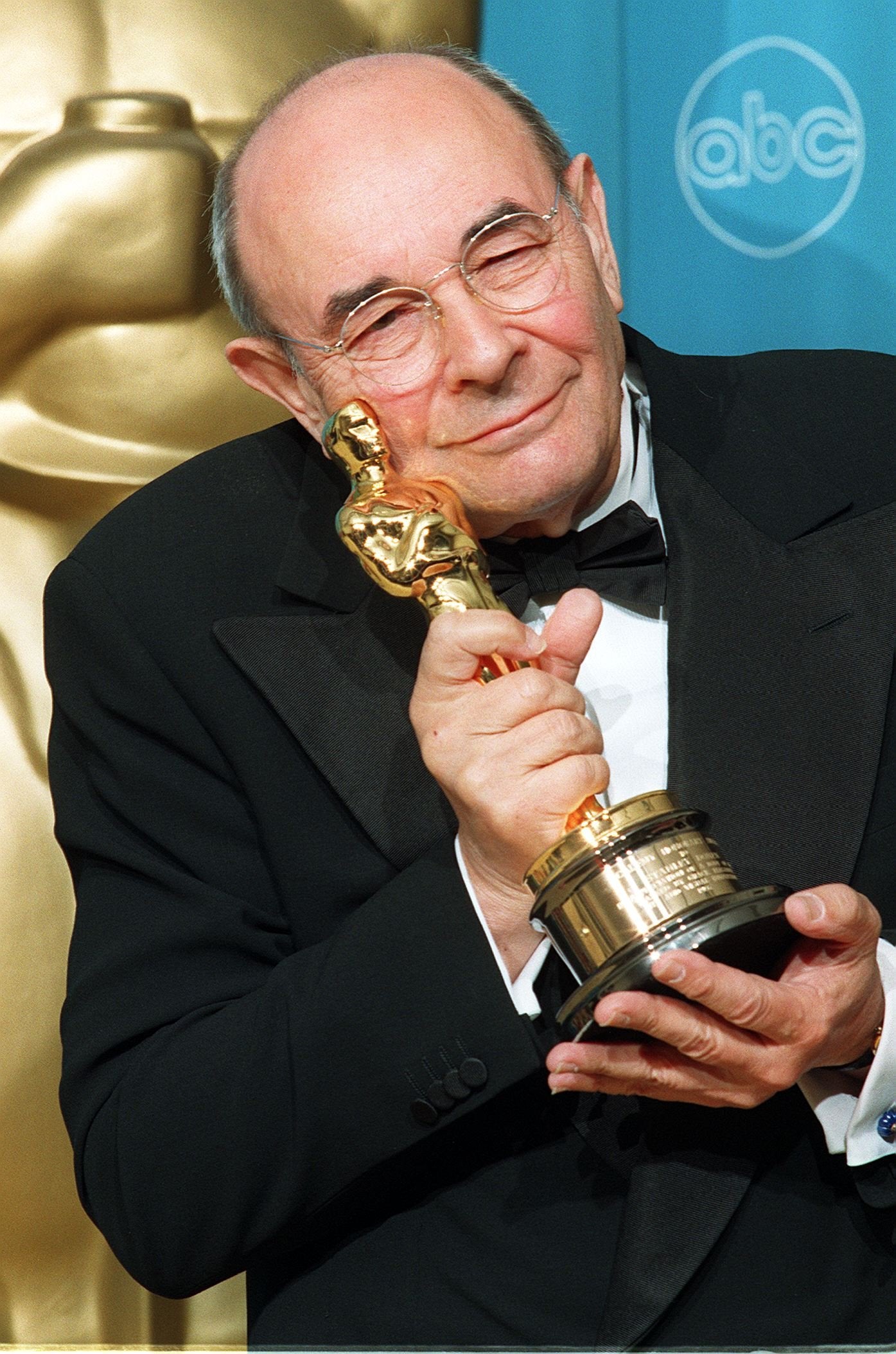
The studio kept Donen busy doing choreographic work on such films as 1946’s Holiday in Mexico and No Leave, No Love; This Time for Keeps (1947); and 1948’s Big City and A Date with Judy.
When Gene Kelly returned from naval service after the Second World War, MGM wanted to reunite him with his Anchors Aweigh co-star Frank Sinatra as two former sailors who turn their old aircraft carrier into a nightclub. Instead, Kelly and Donen whipped up a seven-page scenario about a pair of baseball players who spend the winters singing and dancing in vaudeville. Although the director of Take Me Out to the Ball Game (1949) was the ageing Busby Berkeley, it was Kelly and Donen who co-choreographed and co-directed the musical numbers.
When the two men again joined forces, it was to direct and choreograph an entire film. After the first rapturously received sneak preview of On the Town (1949), its producer Arthur Freed dashed up the aisle of the auditorium, shouting to Donen and Kelly, “If it were a show, it would run a year!’’, blithely disregarding the fact that the film was based on a long-running Broadway hit.
Their film version was even more successful, with a record 10,000 people queuing over seven New York blocks to see it at the Radio City music
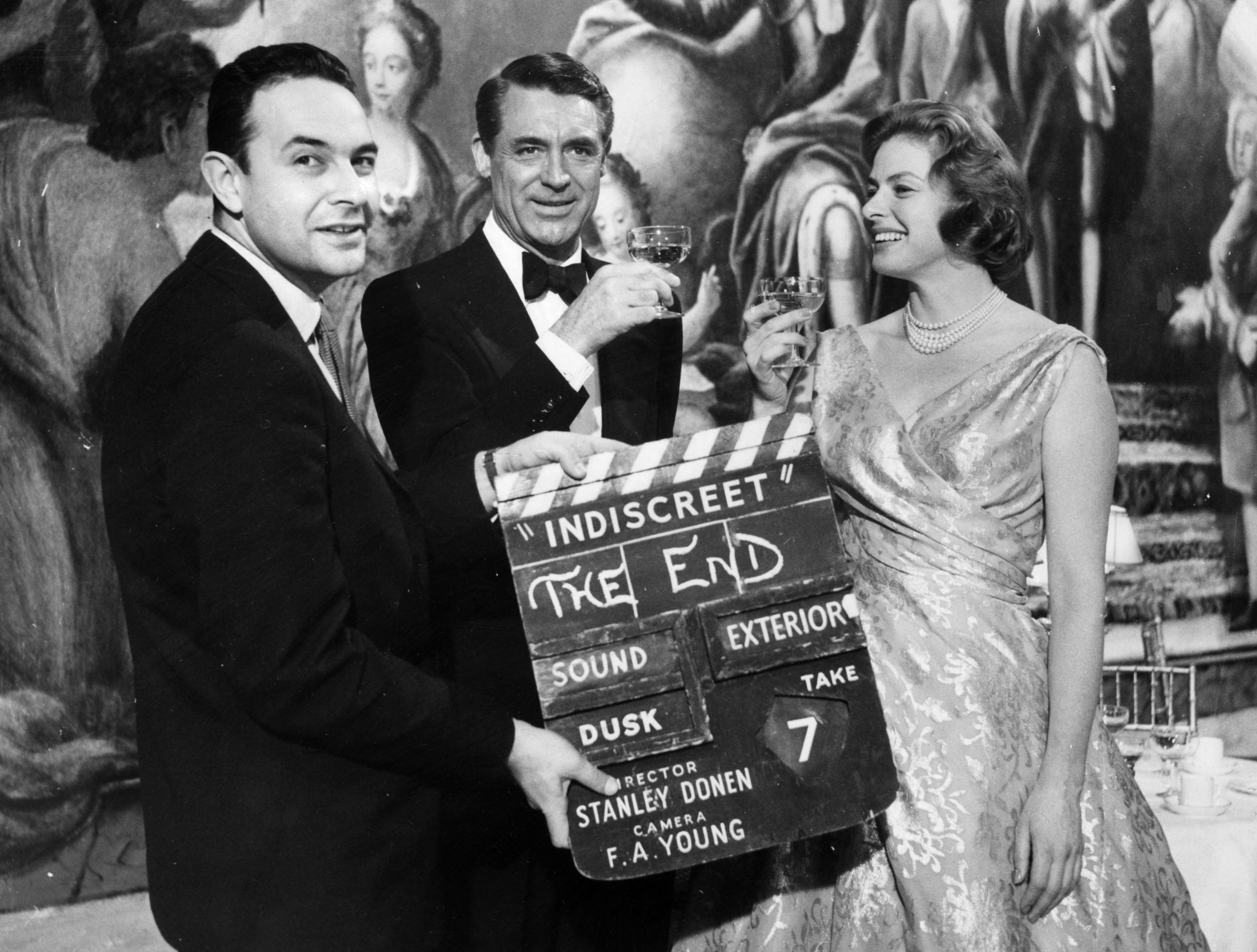
Going it alone by 1951, Donen finally directed his boyhood idol in Royal Wedding, which gave Fred Astaire his Newton-defying dance up the walls and across the ceiling of his hotel room while singing “You’re All the World to Me’’ to a photograph of Winston Churchill’s miscast daughter Sarah. Capitalising on the marriage of the Queen to Prince Philip four years earlier, the film starred 52-year-old Astaire as the unlikely brother of 21-year-old Jane Powell.
Donen and Kelly’s second collaboration as director/choreographers was the world’s favourite film musical Singin’ in the Rain (1952), which says it all. After its triumph, Donen went solo again to direct Seven Brides for Seven Brothers (1954), which surely would have been infinitely less magical without him. He battled with the film’s producer Jack Cummings to have an original score; Cummings (nephew of MGM’s production chief Louis B Mayer) wanted all the songs to be traditional western ballads. Cummings also opposed hiring dancers to play the Pontipee siblings, saying they would turn the picture into “seven brides for seven sissies”. Donen won through, casting adroit dancers as five of the brothers and commissioning Johnny Mercer and Gene de Paul to write the sparkling songs. The studio, reluctant even to release the film, saw it become one of the year’s top moneymakers.
The same year as Seven Brides for Seven Brothers, Donen also directed the star-studded, fictionalised Sigmund Romberg biopic Deep in My Heart. He worked for the last time as Gene Kelly’s co-director on It’s Always Fair Weather (1955), an underrated, satirical and often touching sort-of-sequel to On the Town. The film’s high spot was Kelly ecstatically singing “I Like Myself’’ while gliding through the (Hollywood-set) New York streets on rollerskates.
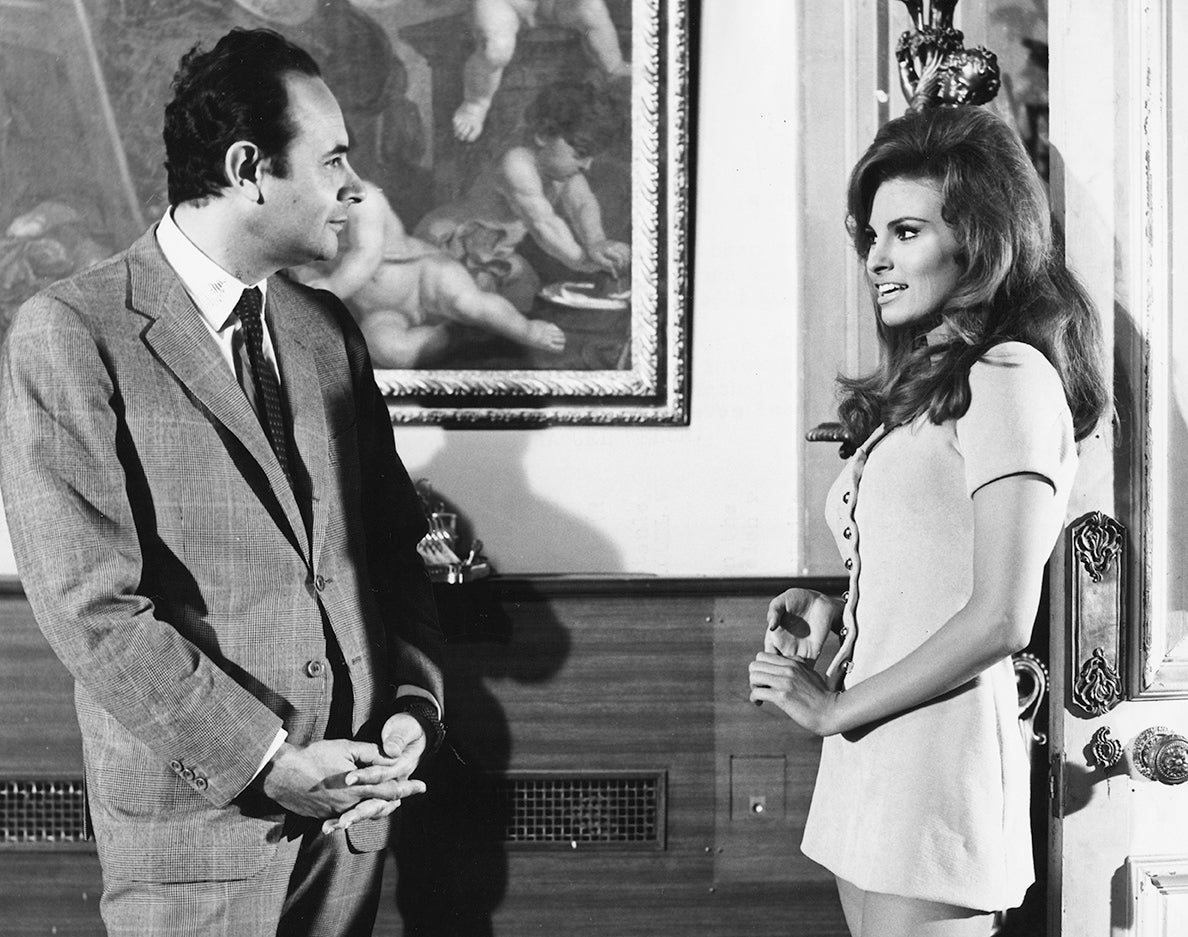
The year 1957 was a busy one for Donen; his MGM contract had now ended, and he made the comedy Kiss Them for Me at 20th Century Fox, the Astaire-Audrey Hepburn musical Funny Face at Paramount, and the Doris Day musical The Pajama Game at Warner Bros. He co-produced and co-directed the latter film with George Abbott, who was again his co-producer and co-director on Damn Yankees (1958), a musical that strained the imagination of cinemagoers by asking them to believe a man would actually sell his soul to the devil to become Tab Hunter. Abbott had directed both shows for the Broadway stage, and the film versions employed key members of the New York casts.
Kiss Them for Me starred Cary Grant, and he and Donen combined their names and talents to form Grandon Productions Ltd. Under the Grandon banner, they made Indiscreet (1958) and The Grass is Greener (1960), both starring Grant. To call Yul Brynner a light comedian would be a serious misnomer, and Donen next produced and directed, under his own Stanley Donen Productions, Once More with Feeling and Surprise Package (both 1960), two ill-advised comedies starring Brynner.
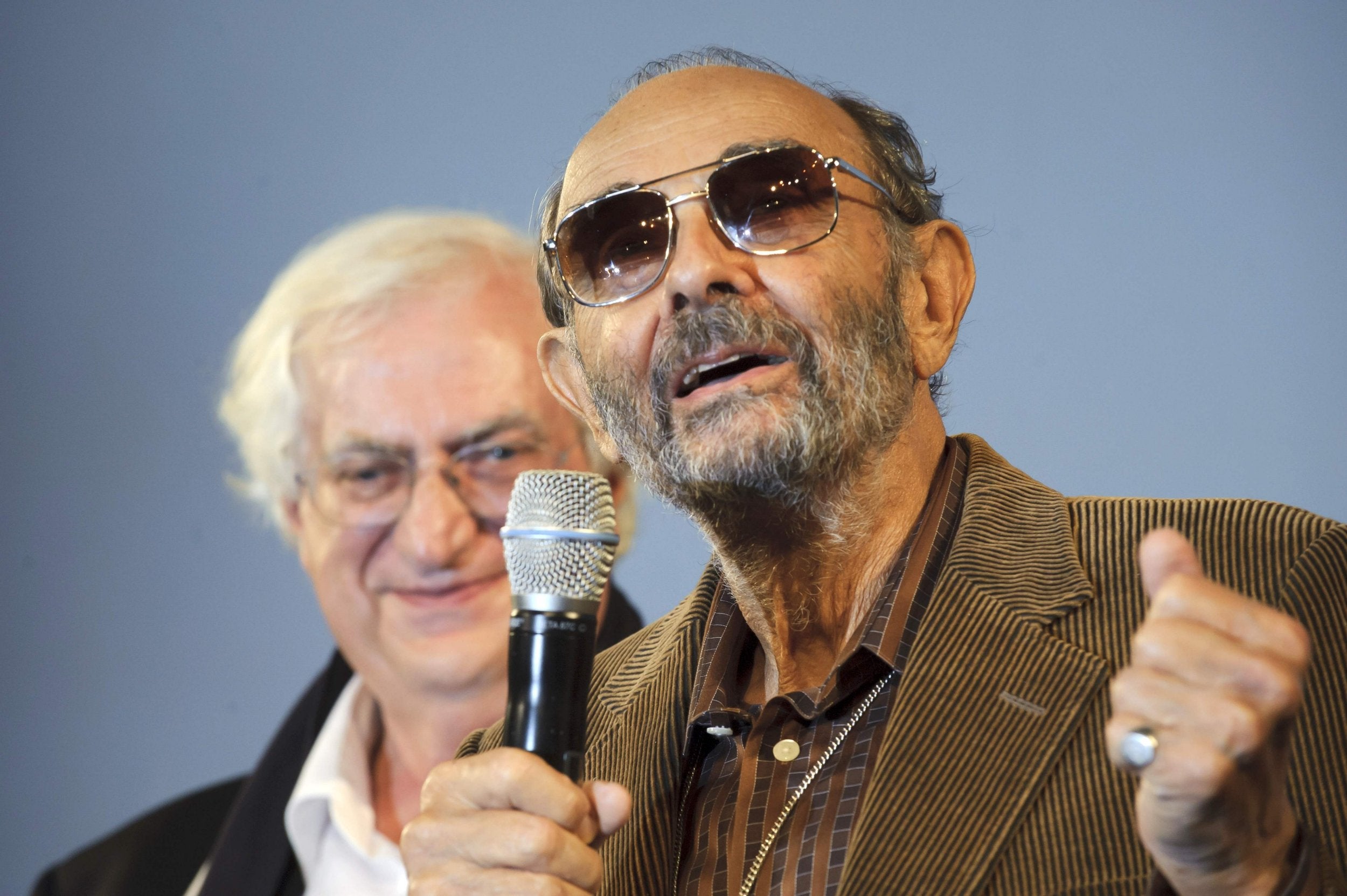
The most stylish thriller Alfred Hitchcock never directed was Donen’s hugely successful Charade (1963), which reunited Donen with both Cary Grant and Audrey Hepburn. The much-married Donen had plenty to bring to Two for the Road (1967), his third film with Hepburn, in which she and Albert Finney – with the help of dazzling jumpcuts, crosscuts, flashbacks and flashforwards – look back on their shaky marriage and try to save it.
Donen spent a lot of time in England in the 1960s, and was impressed by Eleanor Bron’s brilliant improvisations in the BBC TV satirical show Not So Much a Programme, More a Way of Life; and by Peter Cook and Dudley Moore in Not Only... But Also. He returned to the Faustian theme with Bedazzled (1967), in which Moore sold his soul to Cook for the love of Bron. It was a cult success, but let us draw a discreet veil over Staircase (1969), The Little Prince (1974) and Lucky Lady (1975).
With the ace comedy writer Larry Gelbart, Donen made two films: Movie Movie (1978), a delightful satire on Hollywood double features of the 1930s, and Blame it on Rio (1984), derived from a French sex comedy that somehow resisted remaking. In 1993 he directed his only Broadway musical, Jule Styne’s unsuccessful The Red Shoes. In 1998, after receiving his only Academy Award, an honorary one for special achievement in Cinema, Donen performed a nimble celebratory tap dance that belied his 74 years.
Frederic Raphael, author of the screenplay of Two For the Road, wrote: “The great thing about Stanley, and what separates him from the vast majority of film people, besides the fact that he admires talent in others, is that he never thought it was all that big a deal to become a producer or a director. He simply liked the work.’’
Donen was married five times, first to Jeanne Coyne in 1948, who later married Kelly. In 1952 he married actress Marion Marshall with whom he had two sons, Peter, who died in 2003, and Joshua. He was also married to socialite Adelle Beatty (with whom he had a son, Mark); actress Yvette Mimieux and Pam Braden. He is survived by his partner of 20 years, Elaine May, his sister Carla and three grandchildren.
Stanley Donen, American film director and choreographer, born 13 April 1924, died 21 February 2019. This obituary has been updated. Dick Vosburgh died in 2007
Join our commenting forum
Join thought-provoking conversations, follow other Independent readers and see their replies
Comments
Bookmark popover
Removed from bookmarks